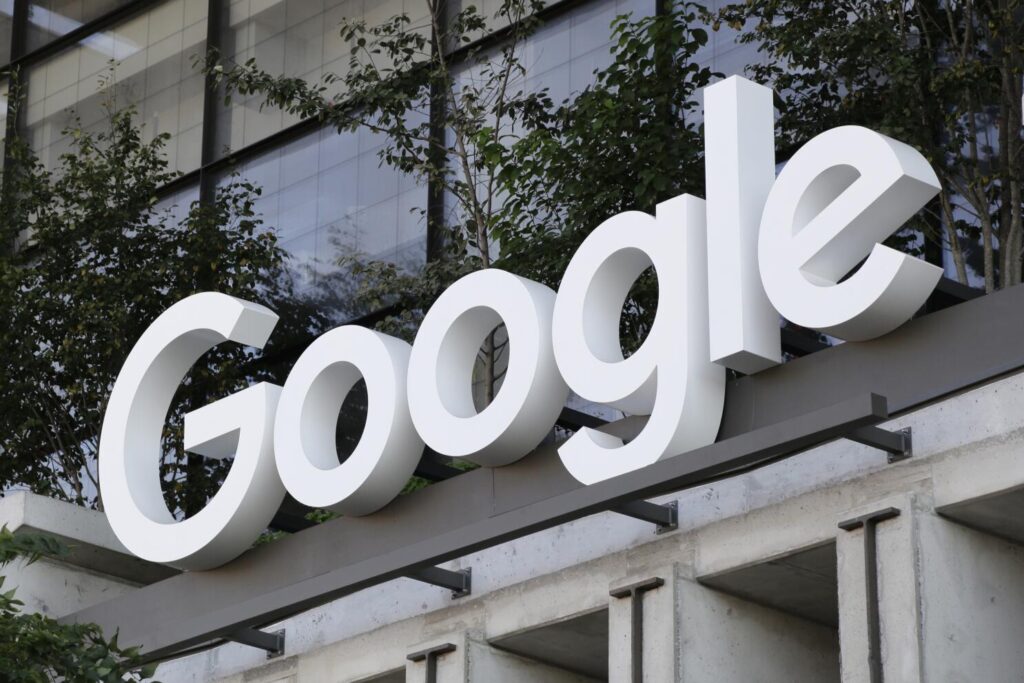A U.S. judge ruled on Monday that Google’s dominant search engine has been illegally exploiting its market position to squash competition and stifle innovation. This landmark decision has the potential to dramatically alter the tech landscape and impact one of the world’s most recognized companies.

The highly anticipated decision, issued by U.S. District Judge Amit Mehta, comes nearly a year after the commencement of a trial brought by the U.S. Justice Department against Google, marking one of the country’s most significant antitrust cases in a quarter-century.
The ruling follows extensive evidence presented during last year’s 10-week trial, which included testimony from top executives at Google, Microsoft, and Apple. Judge Mehta delivered his decision three months after the closing arguments were presented in early May.
This verdict represents a substantial setback for Google and its parent company, Alphabet Inc. Throughout the trial, Alphabet argued that its search engine’s popularity was primarily driven by consumer preference due to its superior capabilities and performance.

Google’s search engine is a cornerstone of its business, handling an estimated 8.5 billion queries per day worldwide. This figure is nearly double its daily volume from 12 years ago, as highlighted in a recent study by investment firm BOND.
The ruling challenges Google’s ability to maintain its grip on the online search market, potentially paving the way for increased competition and innovation in the tech industry.
Given the significance of this ruling, Google is expected to appeal the decision. The appeal process could eventually reach the U.S. Supreme Court, setting the stage for a prolonged legal battle with far-reaching implications for antitrust law and digital markets.
As the case unfolds, the tech industry will closely monitor developments, considering the decision’s impact on business practices, market dynamics, and regulatory frameworks.



